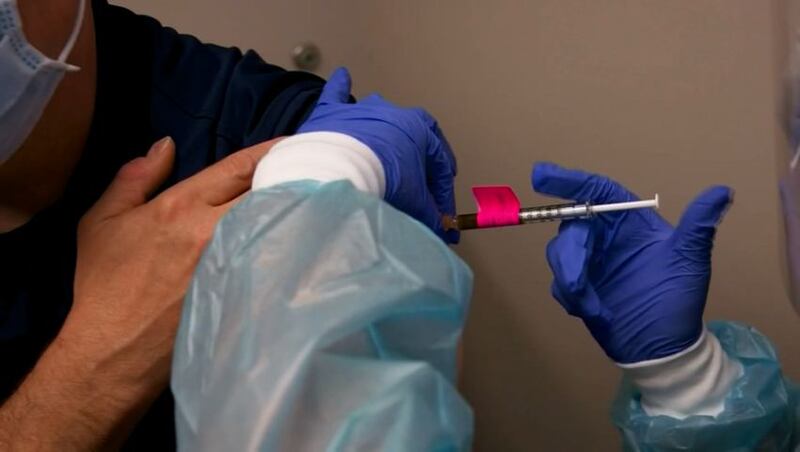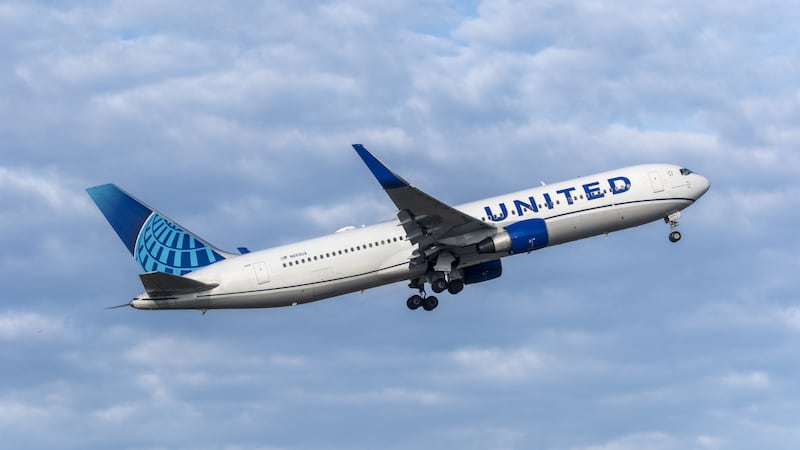On Wednesday, state health officials revealed that if the Pfizer vaccine received emergency use authorization from the Food and Drug Administration on Dec. 10, they expect around 62,400 doses in Washington by mid-December.
They would be the first doses for 62,400 people, since the vaccine requires each person to receive two doses spaced 21 days apart.
The Department of Health’s Acting Assistant Secretary Michele Roberts said the extra review promised in the Western States Pact will take one to two days but will occur while the vaccine is being processed and shipped, so it should not cause any delay.
Roberts said the state has been told it can expect 200,000 doses by the end of December, with regular shipments beginning in January.
She also said Pfizer has developed a shipping container for the vaccine that can keep it cold for up to 15 days using additional dry ice, an important development since the vaccine would have otherwise required clinics and hospitals to have ultra-cold freezers.
Swedish Chief Nursing Officer Donna Jensen said the planning for vaccine distribution is “quite complex.” The hospital system has enrolled with the state to be one of the vaccine providers.
Doses in phase 1, she said, will go to front-line and high-risk individuals.
“We know we will have a great impact by making sure that all of our caregivers in health care are vaccinated, as well as our first responders, and then all of our high-risk patient populations,” she said.
Jensen said Swedish already has the capability to upload immunization information to the state’s health department and the information will then be sent to the Centers for Disease Control and Prevention.
“We want to track all the vaccines, and we want to understand if there are any issues with the vaccine,” Jensen said. “And what kind of side effects people are having.”
When they do reach phase 2, Jensen said it will still include people at higher risk of complications from the virus. The general population, she said, likely won’t be getting it for months.
“As other manufacturers come on board, we could be looking at least four to five months, maybe six months,” she said.
Dr. Jeff Duchin, health officer for Public Health—Seattle & King County, said there are discussions with the state on how they will divide up roles and responsibilities. He said they will need systems to monitor the supply and administration of doses, as well as second doses. Doing widespread vaccinations will not be cheap.
“Based on discussions with our team and with the Department of Health … we need tens of millions of dollars in Washington state alone to meet the demand that we see to optimally be able to deliver vaccine to our communities over the next year or so,” he said.
And there’s one thing that is still unknown right now: How long immunity will last once people do get vaccinated.
Cox Media Group








